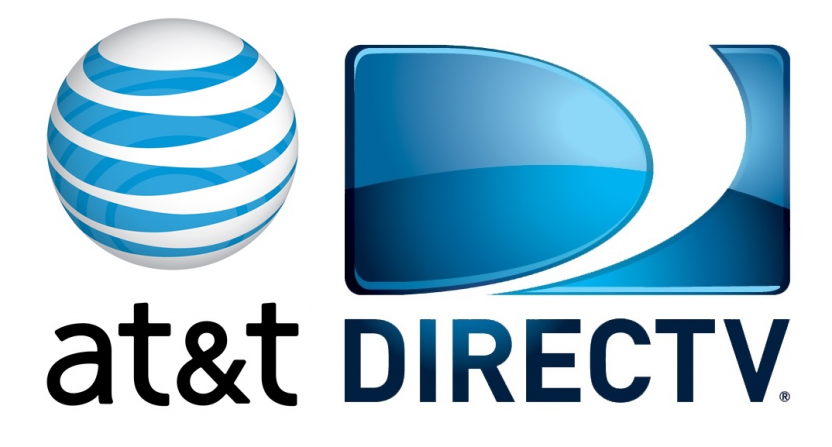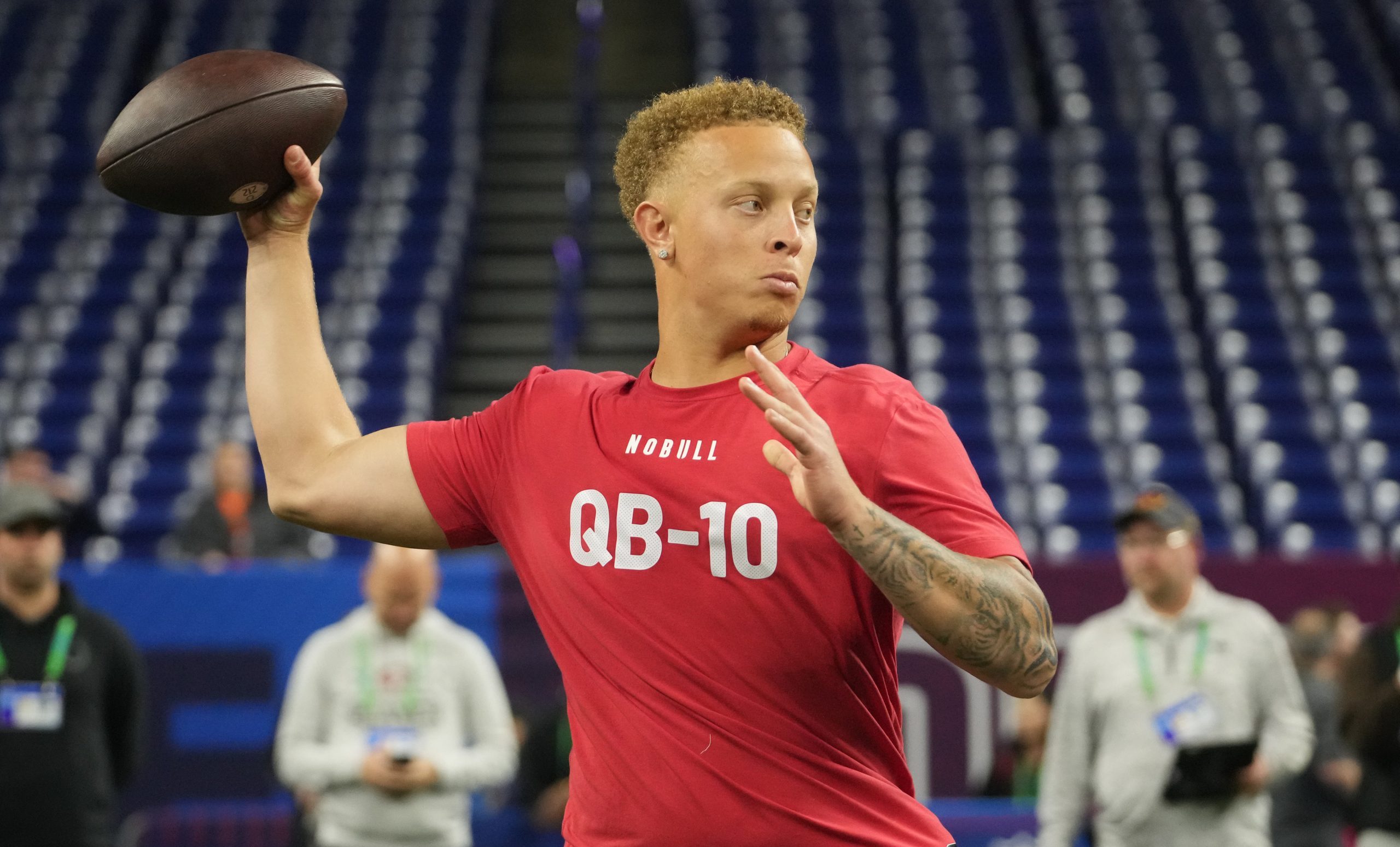Elliott Management is a hedge fund founded by billionaire Paul Singer. Elliott Management owns (outright or with massive stakes) a variety of businesses, from Barnes & Noble (purchased in June for $683 million) to AC Milan, which Elliott Management took over after the previous owner defaulted on debt.
Elliott Management typically seeks to use their capital to force companies into different strategies or to make executive changes, which is why it’s news today that Elliott has revealed a $3.2 billion stake in AT&T. That revelation came along with a lengthy letter to AT&T’s board in which Elliott outlined all the ways it views AT&T as underperforming, along with a hint at what they’d like to see AT&T do differently.
The sports media relevance is probably best summed up in these two paragraphs, talking about potential divestment opportunities (bold emphasis added):
We do not want to preordain the results of this review, but it is clear that AT&T has numerous valuable-yet-non-core franchises that would be potential candidates for divestment, either as assets sold for cash or spun-off alone or in combination. These include the well-known examples of its home security business, regional sports networks, CME, Sky Mexico, Latin American pay TV business (Vrio), Puerto Rican operations and many, many more. AT&T has taken some early steps in this direction, but more needs to be done.
However, this review should not be limited to “smaller” businesses: Any assets that do not have a clear, strategic rationale for being part of AT&T should be considered for divestment: DirecTV, the Mexican wireless operations, pieces of the wireline footprint, and other assets must all be evaluated as part of this review. Several of these larger assets are no longer complementary with the Company’s future strategic direction, and AT&T must determine whether there is a financially and strategically attractive path to divesting them.
AT&T’s DirecTV takeover comes up throughout as an example of a merger that hasn’t gone well. It’s hard to argue with this point, for example, that AT&T bought into the traditional, linear television market as that particular bubble was expanding to its limit:
In 2014, AT&T announced the $67 billion acquisition of DirecTV, becoming the largest pay TV operator in the country. Notwithstanding AT&T leadership’s assertions that “Pay TV is a very good, durable business” when the transaction was announced, the pay TV ecosystem has been under immense pressure since the deal closed. In fact, trends are continuing to erode, with AT&T’s premium TV subscribers in rapid decline as the industry, particularly satellite, struggles mightily. Unfortunately, it has become clear that AT&T acquired DirecTV at the absolute peak of the linear TV market.
The company’s Time Warner takeover, meanwhile, comes up a few times as well, although Elliott’s position on that seems to be more of an indictment on how AT&T’s integration of the properties (or lack thereof) than it is a dismissal of WarnerMedia’s potential going forward.
While it is too soon to tell whether AT&T can create value with Time Warner, we remain cautious on the benefits of this combination. We think that, after $109 billion and three years, we should be seeing some manifestations of the clear strategic benefits by now. We aren’t alone in our cautious outlook – Jeff Bewkes, the CEO who sold Time Warner to AT&T, recently referred to the vertical integration of content and distribution as a “fairly suspect premise.”
Essentially, the whole thing boils down to Elliott Management blaming AT&T’s mergers and acquisitions for dragging down the company’s overall performance. That read would pin a lot of the blame on AT&T CEO Randall Stephenson, who has been the guiding force behind AT&T’s expansion into the world of entertainment and media. That would mean a lot of pressure on Stephenson if not for the fact that $3.2 billion in holdings leaves Elliott Management with about a 1% stake of AT&T. The AT&T board could ignore it completely.
Or it could look at the analysis and find it has some wisdom, and either directly engage with Elliott on strategy or at least adopt some of the ideas floated, which could see more regional sports networks up for grabs (initially rumored back in July), and possibly even DirecTV on the market. Those moves would clearly have a massive impact on the world of sports and sports media, as could any shakeup at the top of AT&T if they end up holding onto DirecTV.
It’s too early to tell how likely any of this is. But, if it helps: AT&T’s stock price is up today.
[CNBC]







